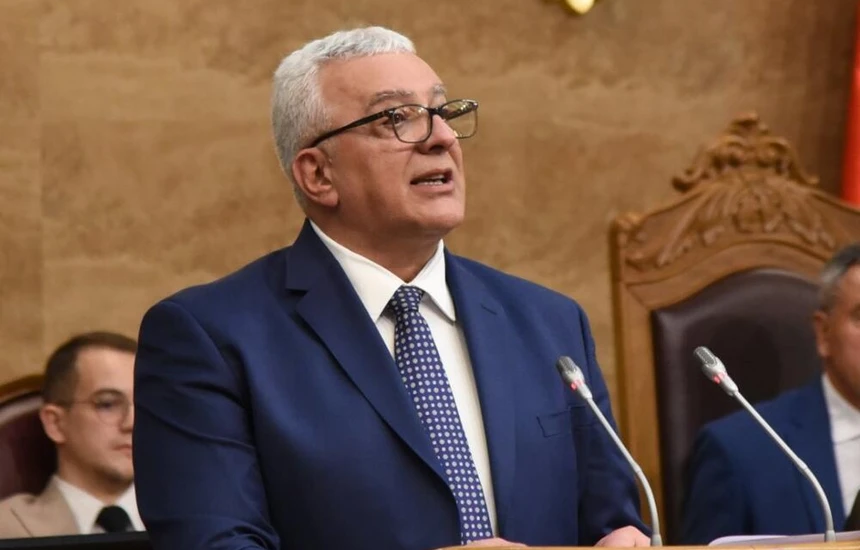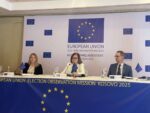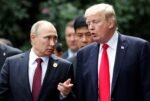The recent vote by Montenegro’s Foreign Minister to support Kosovo’s membership in the Council of Europe has stirred a significant political upheaval within the Montenegrin ruling coalition.
Andrija Mandić, Speaker of Montenegro’s Parliament and leader of the New Serb Democracy party, openly condemned the vote, calling it a “direct challenge” to the coalition agreement. He argued that Minister Ervin Ibrahimović’s support for Kosovo violates the coalition’s foundational principles, which emphasize cooperation on foreign policy priorities such as Montenegro’s EU accession—not advancing Kosovo-related political ambitions.
Mandić insisted that decisions of such weight require collective government approval, warning that the unilateral vote risks damaging Montenegro’s relations with Serbia and imperiling its European integration path. He demanded a clear governmental stance on the matter to preserve internal unity and the country’s strategic goals.
In contrast, former Foreign Minister Miodrag Vlahović defended the vote, reminding that Montenegro officially recognizes Kosovo as a sovereign state and maintains full diplomatic relations. He described Kosovo as a “friendly state” and hailed the vote as the most logical, normal, and beneficial step for both Kosovo and the wider region.
Vlahović criticized politicians aligned with Russia and Serbia’s interests, accusing them of attempting to derail Montenegro’s EU aspirations by pushing a pro-Serbian agenda aimed at reversing the country’s European course. He framed Mandić and like-minded figures as advocates for the “Serbianization” of Montenegro and a return to a Serbo-Russian geopolitical orbit.
This clash highlights a deepening rift in Montenegro’s fragile coalition, reflecting broader regional tensions where national identity, geopolitical alliances, and European integration intersect sharply. The outcome of this dispute could decisively influence Montenegro’s foreign policy direction and internal political stability.







